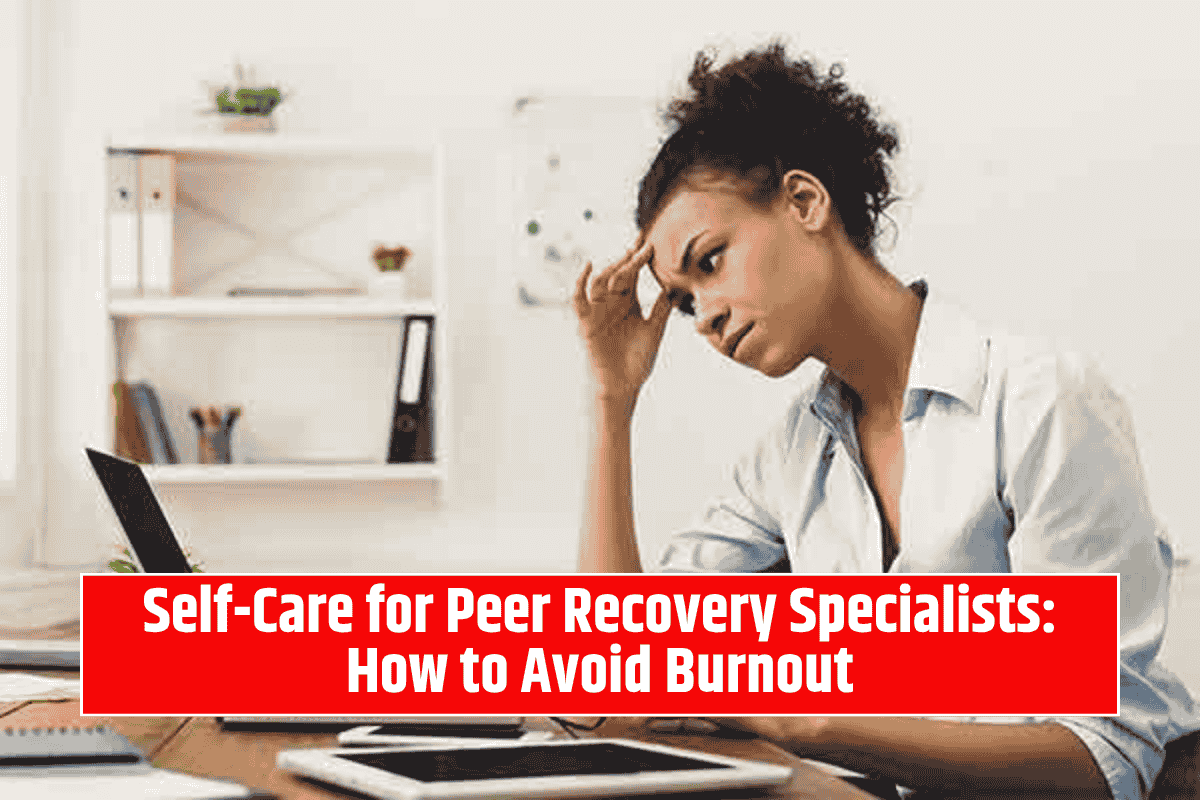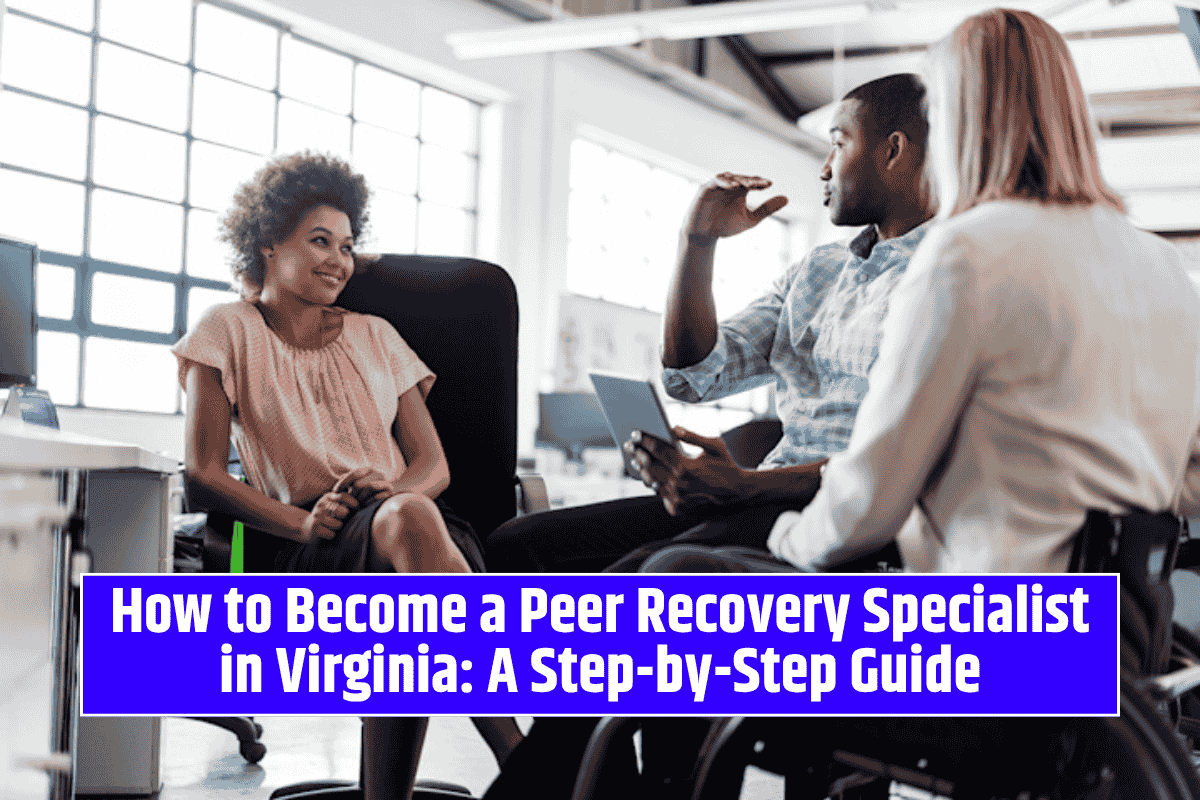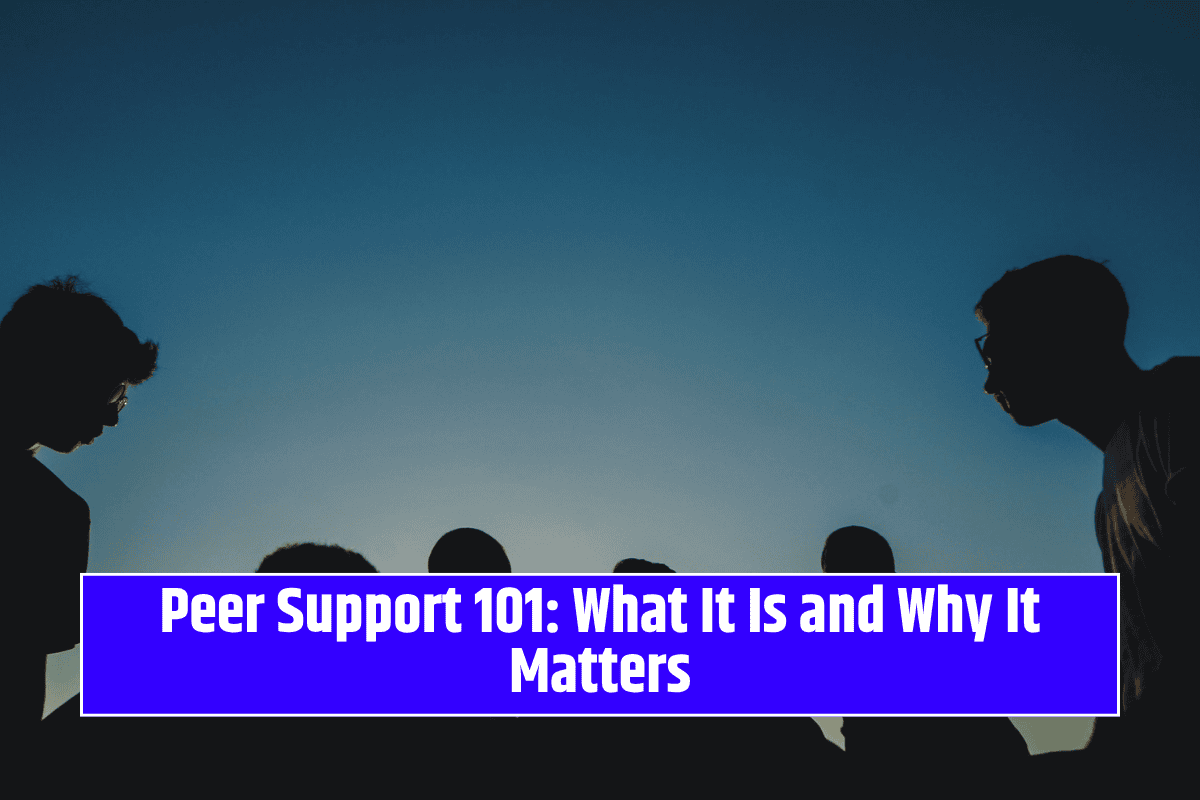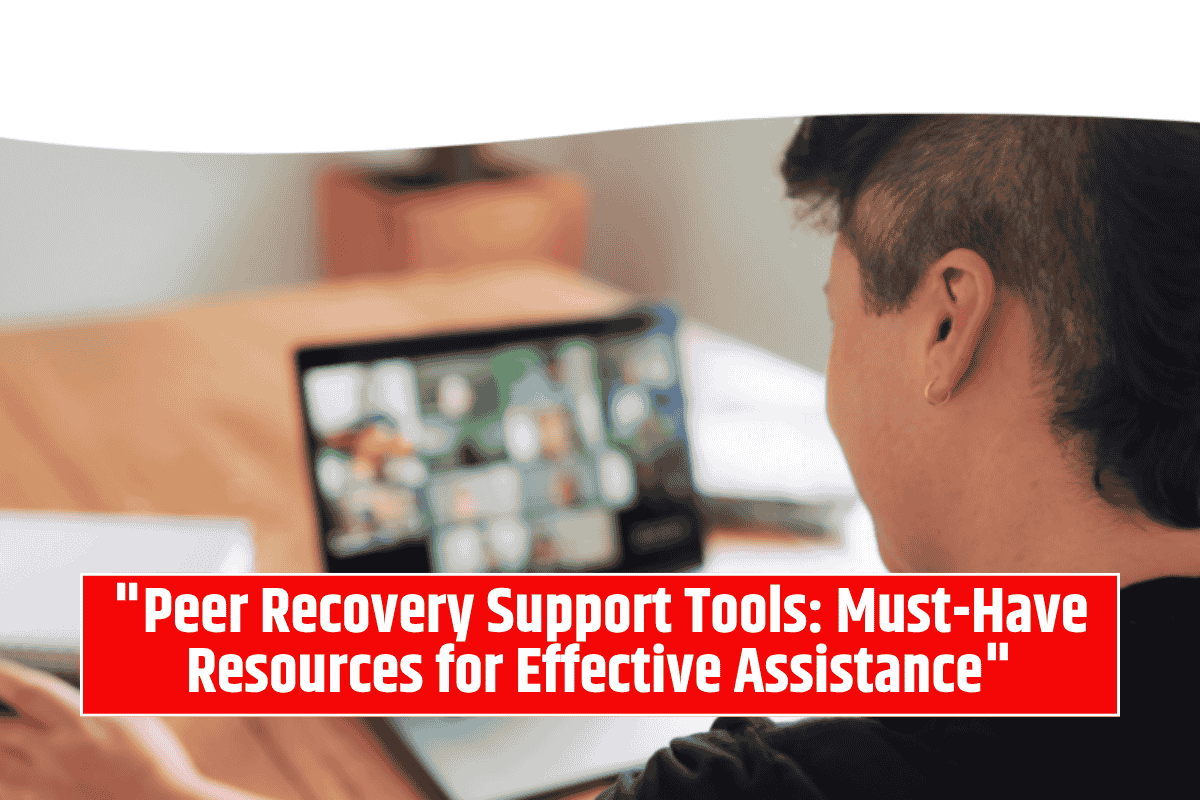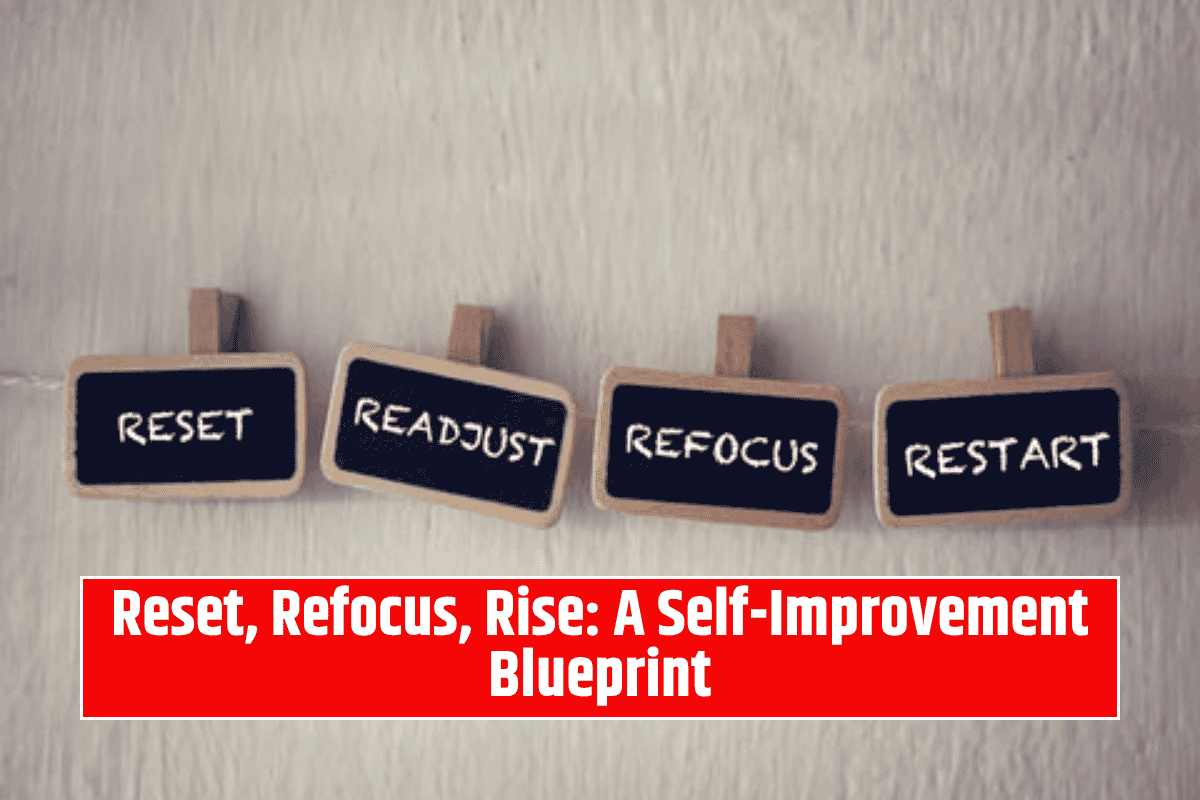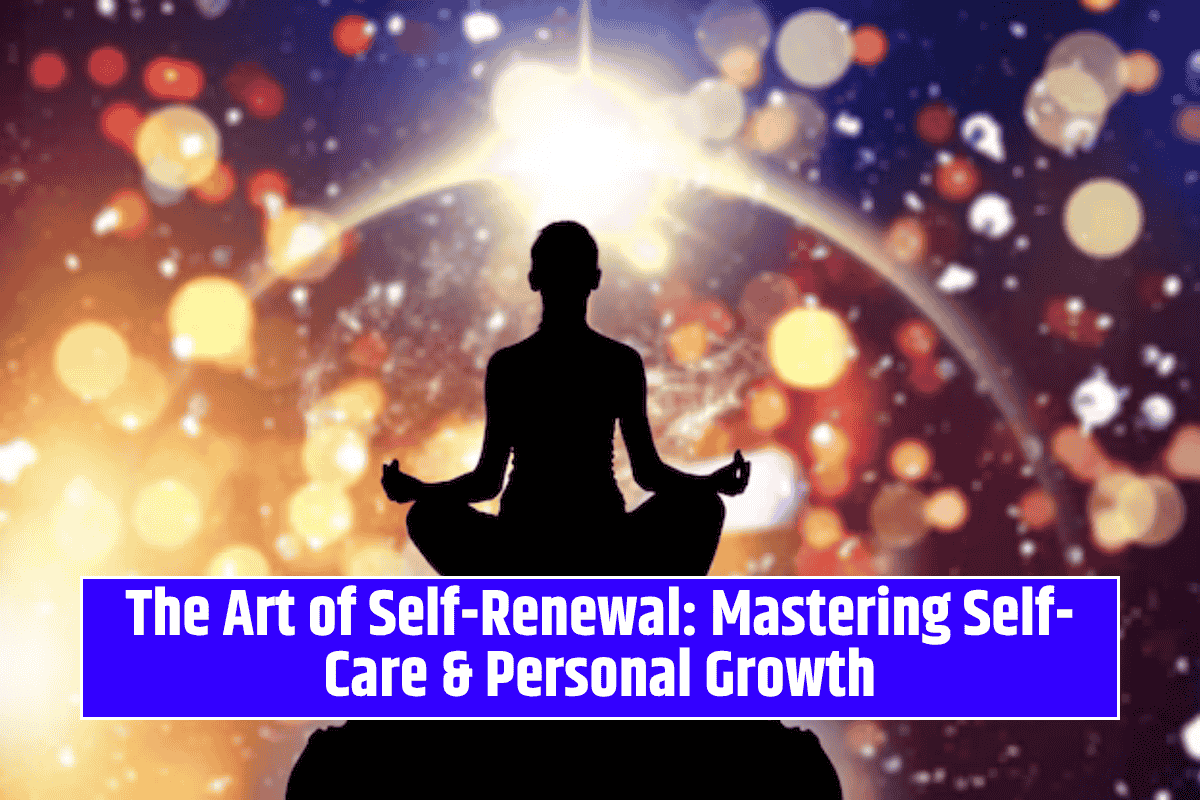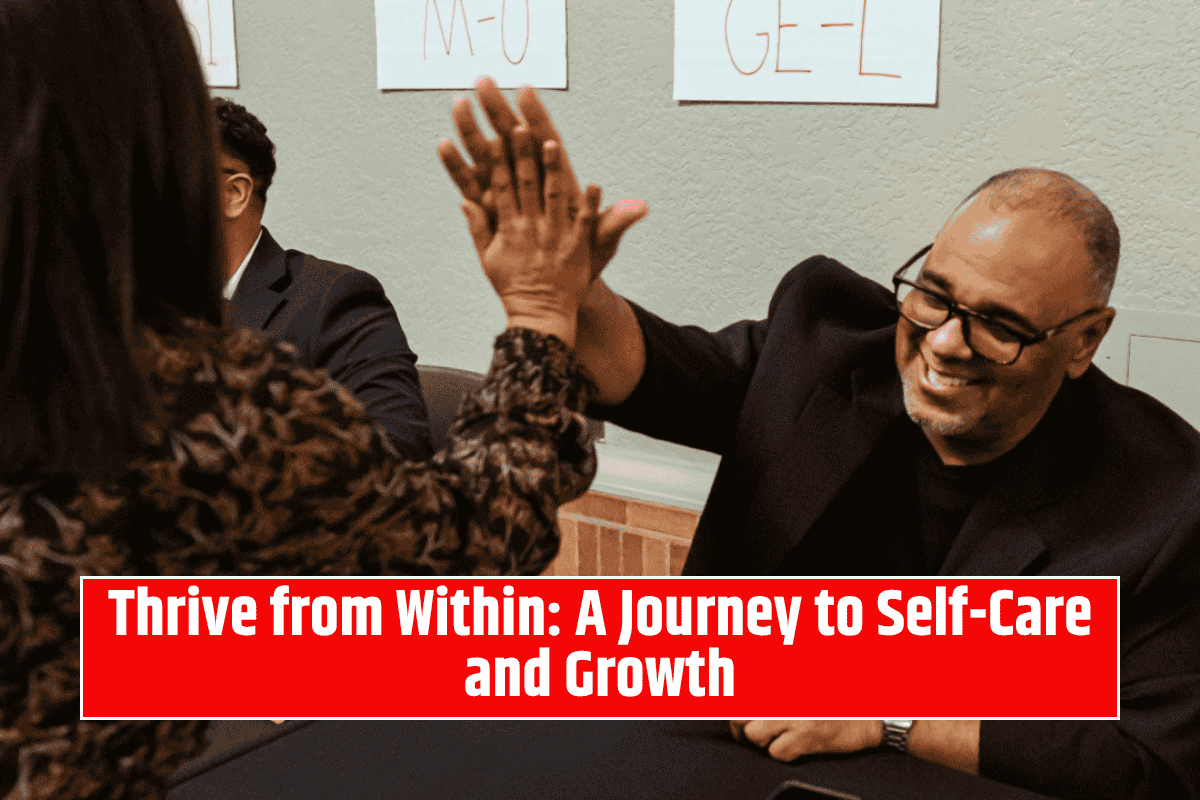Peer Recovery Specialists (PRS) play a vital role in supporting individuals on their recovery journeys. However, the emotional demands of this work can lead to burnout and compassion fatigue if not managed effectively.
Implementing intentional self-care strategies is essential for maintaining personal well-being and professional efficacy.
Understanding Burnout and Compassion Fatigue
Burnout is characterized by physical, emotional, and mental exhaustion caused by prolonged stress, often resulting in a diminished sense of personal accomplishment.
Compassion fatigue, on the other hand, stems from the emotional toll of empathizing with and supporting individuals who are experiencing trauma or distress.
Both conditions can lead to decreased job satisfaction, impaired performance, and negative health outcomes if not addressed proactively.
Key Self-Care Strategies for Peer Recovery Specialists
1. Establish Clear Boundaries
Setting and maintaining professional boundaries is crucial to prevent role confusion and emotional exhaustion. Clearly define your work hours, the scope of your responsibilities, and the limits of your emotional involvement with clients.
This practice helps in managing expectations and preserving personal energy, ensuring you don’t overextend yourself emotionally or physically.
2. Engage in Regular Mindfulness Practices
Incorporating mindfulness techniques such as meditation, deep breathing exercises, or yoga can significantly reduce stress levels. These practices enhance emotional regulation, improve focus, and promote a sense of calm, which is beneficial when dealing with emotionally charged situations.
Mindfulness also encourages a sense of presence and awareness, allowing you to better navigate difficult moments in your work.
3. Seek Peer Support and Supervision
Regular supervision and peer support groups provide opportunities to discuss challenges, share experiences, and receive guidance. These interactions can offer new perspectives, reduce feelings of isolation, and reinforce a sense of community among professionals facing similar challenges.
Peer support is especially valuable for sharing coping mechanisms and feeling heard and understood by others in the same field.
4. Prioritize Physical Health
Physical well-being is closely linked to emotional resilience. Ensure adequate sleep, maintain a balanced diet, and engage in regular physical activity.
These habits boost energy levels, improve mood, and enhance overall health, enabling you to better support others. Exercise, in particular, releases endorphins, which can combat stress and promote mental clarity.
5. Practice Reflective Journaling
Maintaining a journal allows you to process daily experiences, recognize emotional responses, and identify patterns that may indicate stress or fatigue. Reflective writing can serve as a therapeutic outlet and a tool for self-awareness.
It allows you to unpack emotions in a safe space, helping you gain insight into your feelings and recharge.
6. Engage in Creative and Restorative Activities
Participating in activities that bring joy and relaxation, such as art, music, or spending time in nature, can rejuvenate the spirit. These activities provide a much-needed break from the emotional demands of the job and contribute to a balanced lifestyle.
Creative outlets allow you to express emotions in a non-verbal way and can serve as an excellent stress reliever.
7. Recognize and Address Compassion Fatigue
Be vigilant for signs of compassion fatigue, such as irritability, emotional numbness, or a sense of detachment from clients.
Acknowledge these feelings without self-judgment and take proactive steps to address them, such as seeking professional support or adjusting workloads.
Taking a step back when feeling overwhelmed is crucial to restoring emotional balance.
Organizational Support for Self-Care
Organizations employing Peer Recovery Specialists play a significant role in supporting staff well-being. Implementing policies that promote work-life balance, providing access to mental health resources, and fostering a supportive work environment can enhance the effectiveness of self-care strategies.
Workplaces that prioritize mental health and wellness contribute to lower burnout rates and improved staff morale.
Self-care is not a luxury but a necessity for Peer Recovery Specialists. By proactively implementing self-care strategies, professionals can maintain their well-being, prevent burnout, and continue to provide compassionate and effective support to individuals in recovery.
Remember, taking care of yourself is integral to the care you provide to others. Prioritize your own health, and you will be better equipped to help those in need.
FAQs
What is burnout and compassion fatigue for Peer Recovery Specialists?
Burnout is physical, emotional, and mental exhaustion caused by prolonged stress, while compassion fatigue is the emotional toll from empathizing with individuals facing trauma. Both can negatively affect job performance and personal well-being.
How can Peer Recovery Specialists prevent burnout?
Peer Recovery Specialists can prevent burnout by setting clear boundaries, practicing mindfulness, seeking peer support, and maintaining physical health. Regular self-care practices, like exercise and reflective journaling, are also crucial.
Why is self-care important for Peer Recovery Specialists?
Self-care is important because it helps prevent burnout and compassion fatigue, allowing Peer Recovery Specialists to continue providing effective support to others while maintaining their own well-being.
What are some effective self-care strategies for Peer Recovery Specialists?
Effective strategies include setting boundaries, engaging in mindfulness practices, seeking supervision and peer support, maintaining physical health, practicing reflective journaling, and engaging in creative activities.
How can organizations support the self-care of Peer Recovery Specialists?
Organizations can support self-care by promoting work-life balance, providing access to mental health resources, and fostering a supportive environment where staff can share challenges and receive guidance.
